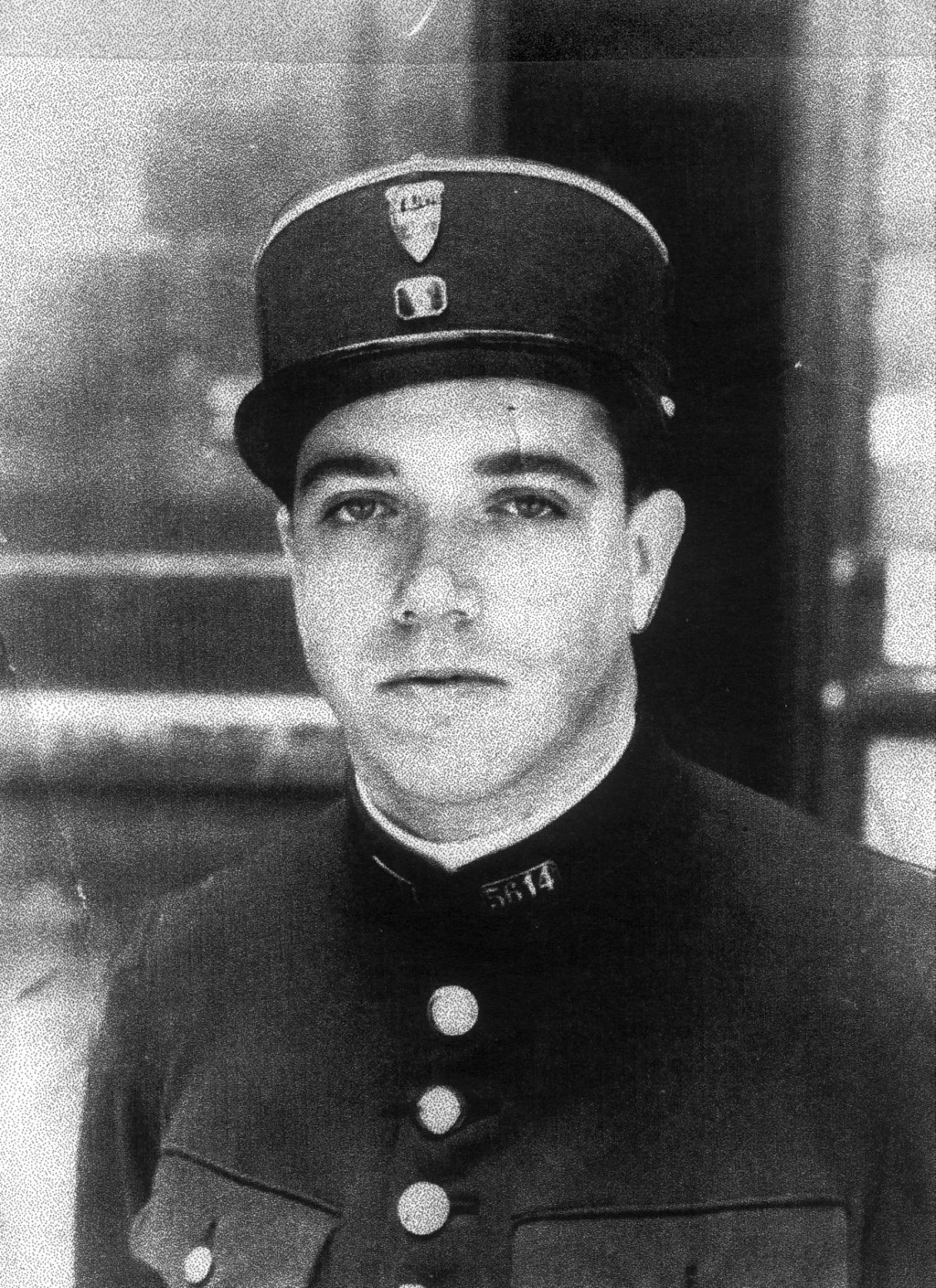
In 1942, German officials and French police conducted roundups of Jews in both the occupied and unoccupied zones of France. The Vél d'Hiv roundup was only one of many roundups in Paris between the spring and summer of 1942.
Many wartime French authorities and police played an active role in the deportations, but one Paris policeman, Théophile Larue, took a stand. He warned his Jewish neighbors, the Lictensztajns, of the upcoming “Vél d’Hiv” roundup. He arranged for the family to escape to southern France and obtain false papers.
Following the roundup of Jews in greater Paris, some 7,000 Jews, almost 4,000 of whom were children, were crowded together in the Vel d’hiv sports arena. Space was scarce and circumstances were appalling with no arrangements food, water, or sanitary facilities.
After five days, Jews incarcerated at the Vél d’Hiv were transferred to other transit camps outside Paris. At the end of July, the remaining adults were separated from their children and deported to Auschwitz. Over 3,000 children remained interned orphaned, until they were deported to Auschwitz as well.
The Lictensztajns were saved by one man who made a choice to uphold his position to protect all citizens, but unfortunately, that was not the fate of many.
We would like to thank Crown Family Philanthropies, Abe and Ida Cooper Foundation, the Claims Conference, EVZ, and BMF for supporting the ongoing work to create content and resources for the Holocaust Encyclopedia. View the list of donor acknowledgement.